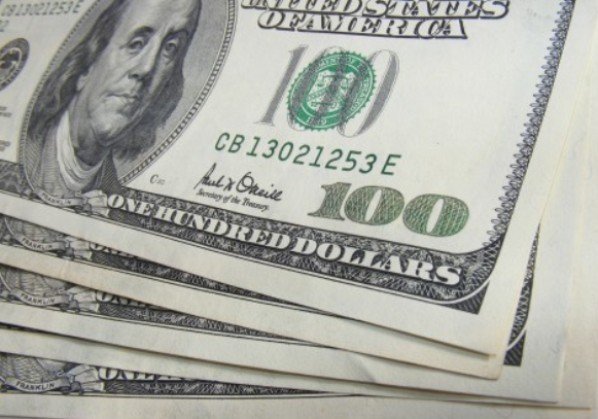VietNamNet Bridge – Some bankers have urged the State Bank of Vietnam to
regulate the dong/dollar exchange rate in a flexible way to ensure the
harmonization of different economic goals, instead of trying to stabilize the
exchange rate somehow.
The next dollar undercurrent wave
 |
|
|
Experts also said on local newspapers that they did not think the dollar price increase would continue in the context of the profuse foreign currency reserves and kieu hoi (overseas remittance).
However, the dollar price has increased continuously since then. The dollar price once climbed to 21,000 dong per dollar. Meanwhile, worries have been raised among businesses that the dollar supply would be short in the time to come. The dollar demand is believed to increase towards the end of the year, when businesses need dollars to make payment for imports. Besides, the dong has become more attractive when the dong interest rates have been lowered by the State Bank.
Thoi bao Kinh te Vietnam has quoted a senior executive of HSBC as saying that the exchange rate may not fluctuate too heavily in the third quarter of 2012, but the dollar would surely be appreciating in the fourth quarter of the year.
Businesses have been told to keep cautious with the stabilization of the dong/dollar exchange rate for a long time. In general, businesses do not use any “defensive measures” which help them deal with the exchange rate fluctuations; especially, they see the dollar price stable for a long time.
The businesses would only hurry to take actions when the dollar prices soar and influence their business. This would cause uncertainties to the whole market.
Trinh Quang Anh, Director of the Economics Research Center of Maritime Bank said on Dau tu that it’s now the time to adjust the dong/dollar exchange rate.
Anh said that the State Bank has been succeeding in its effort to stabilize the exchange rate and the activities of the foreign currency market, improve the foreign currency reserves and restore people’s confidence on the local currency. However, this does not mean that the central bank would have to strive to the same goal for ever.
He went on to say that the central bank should take actions right now in order to avoid the overly hard pressure on the exchange rate which may occur by the end of the year, when the dollar demand increases.
A banker who asked to be anonymous, also said it would be better if the central bank begins devaluating the dong/dollar exchange rate slightly right now. The exchange rate gradual adjustment would help make businesses get adapted to the new circumstances and avoid the shocks to be caused in case the exchange rate increases sharply at the end of the year.
The banker said that when the dong interest rates decrease, the adjustment of the exchange rate would be necessary to harmonize the demands on the market.
If the central bank still holds out the nominal exchange rate for too long, thus generating big gaps between the nominal exchange rate and actual exchange rate, this would prompt people to speculate dollars, which would make the dollar fever more serious by the end of the year.
Dau tu has quoted Truong Dinh Tuyen, a member of the advisory council for national monetary policies, as saying that curbing the exchange rate fluctuation within 3 percent this year proves to be a possible mission. However, the government should think about whether to try to do that.
“When the dollar demand was low, we once asked to loosen the trading band. However, the State Bank still tried to make the exchange rate stand still,” he said.
According to Thoi bao Kinh te Vietnam, Vietcombank and Eximbank quoted the dollar prices at 20,850-20,910 dong per dollar on July 2.
C. V